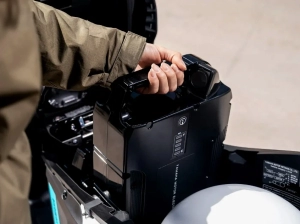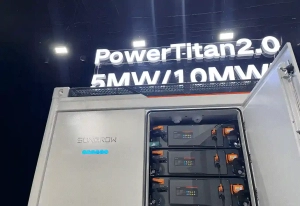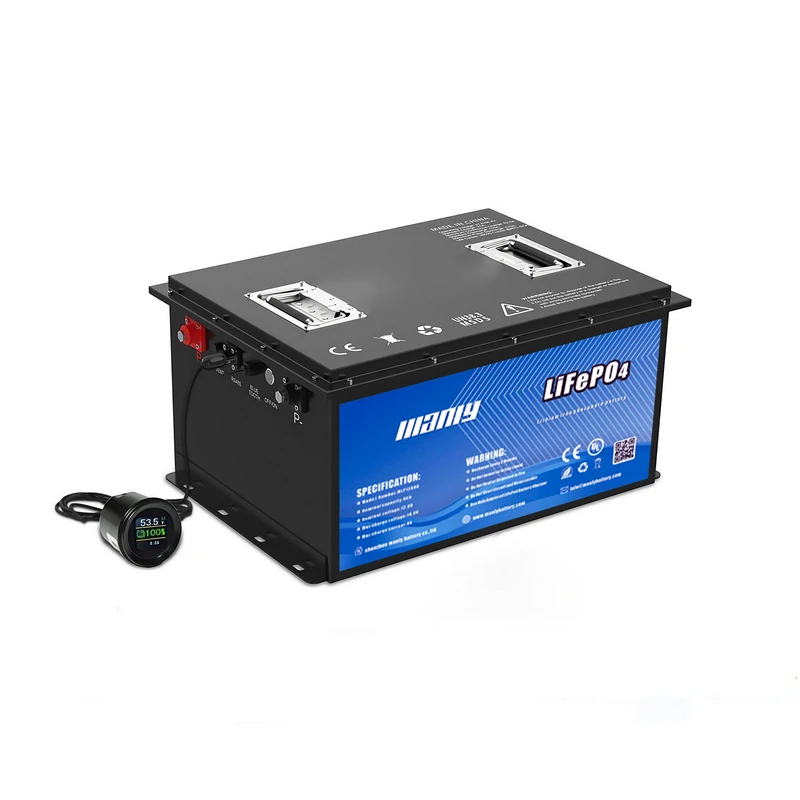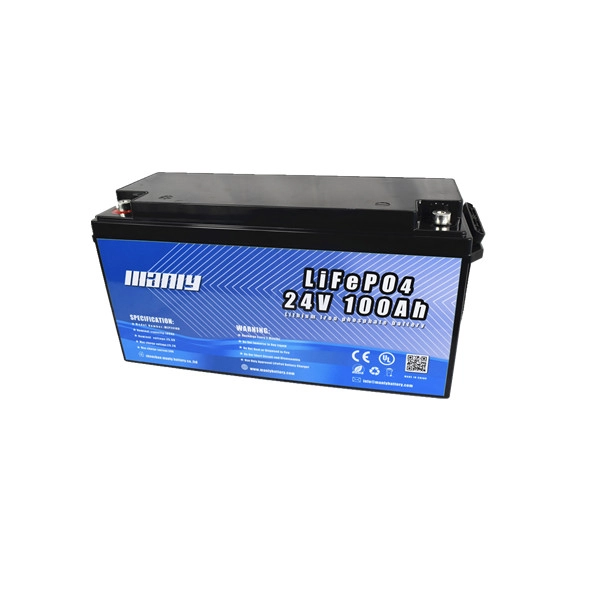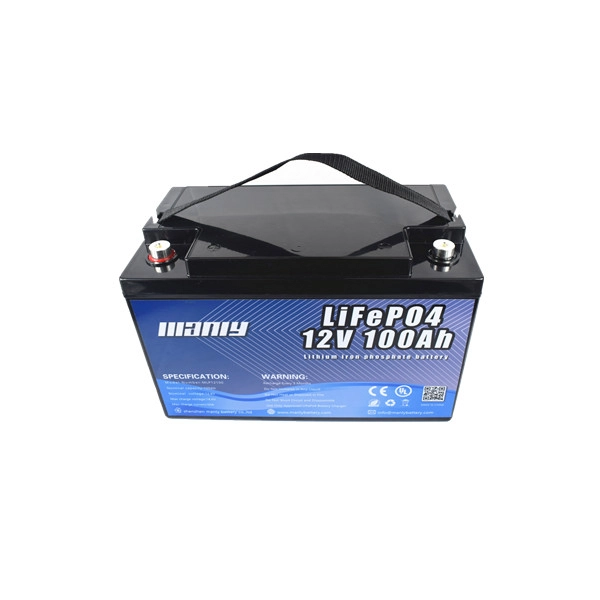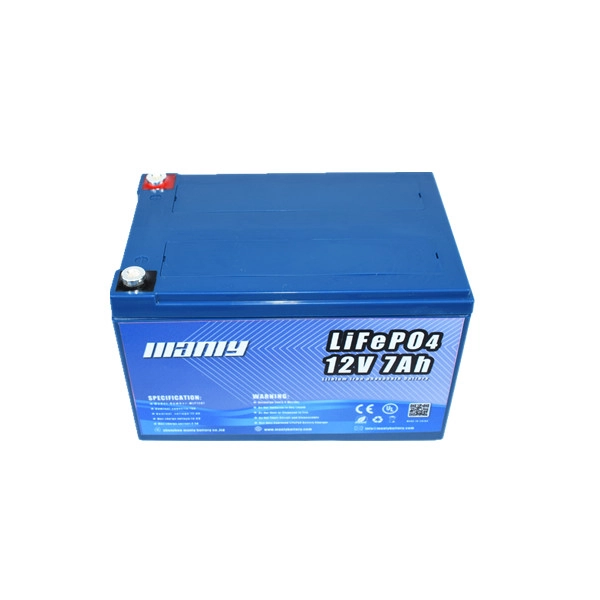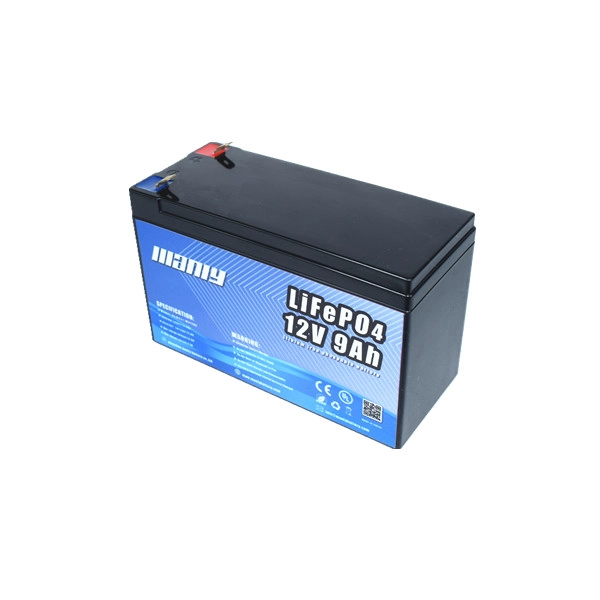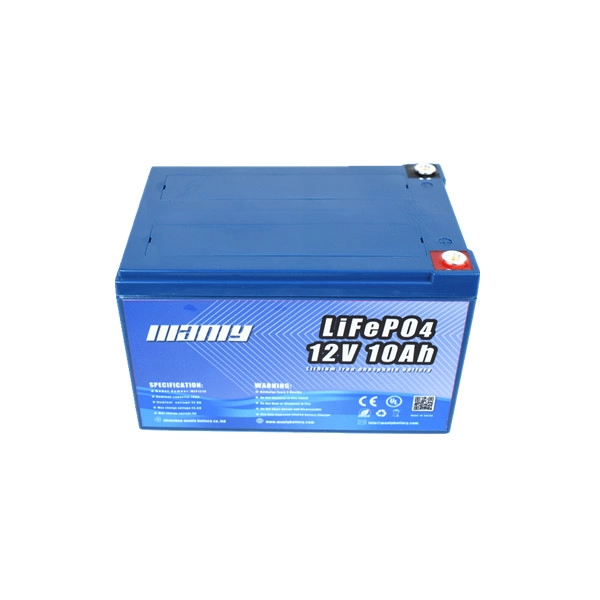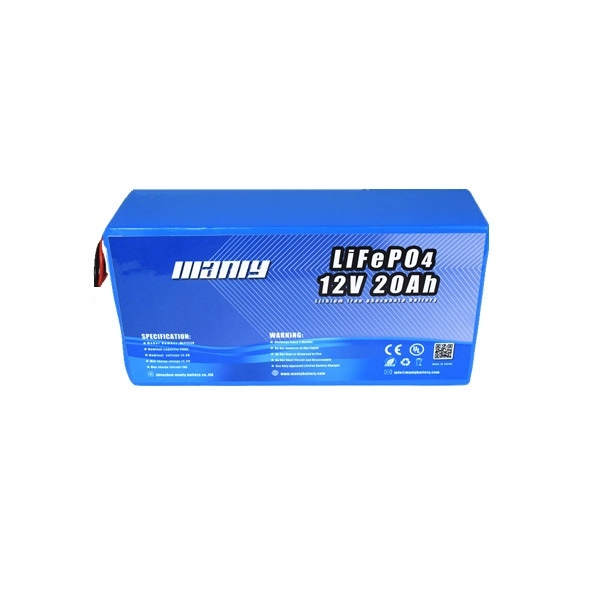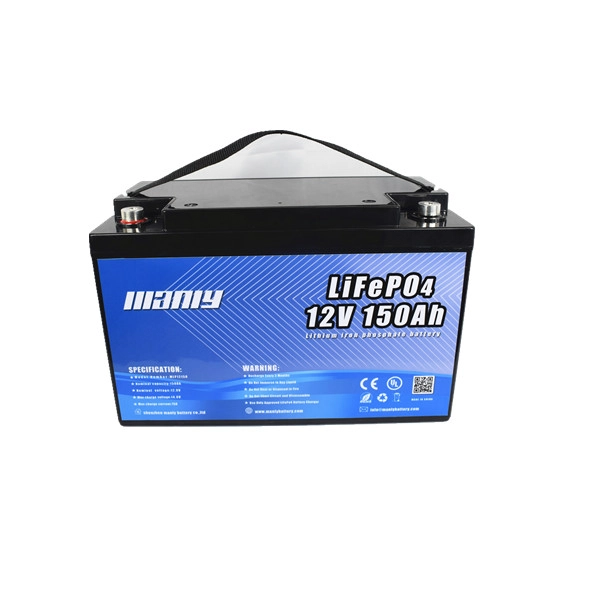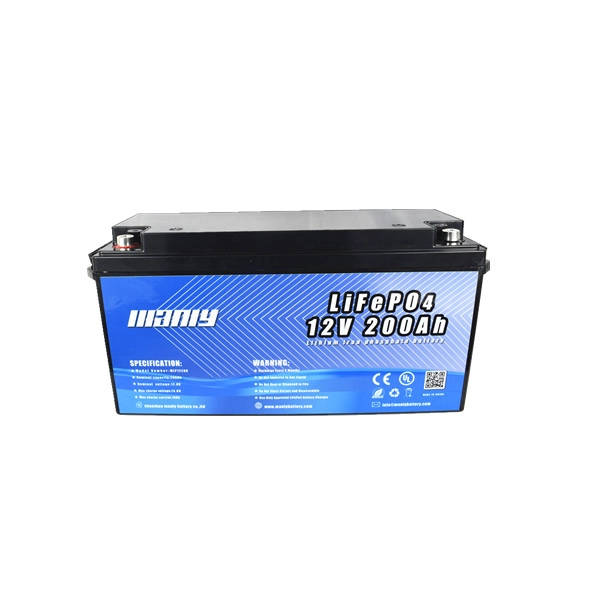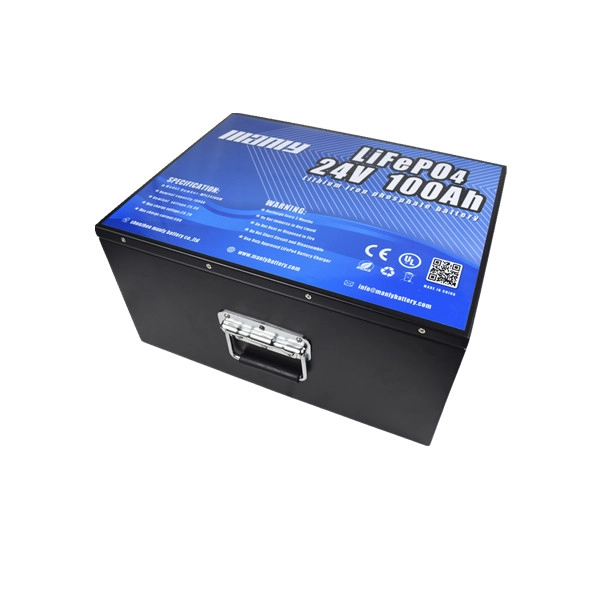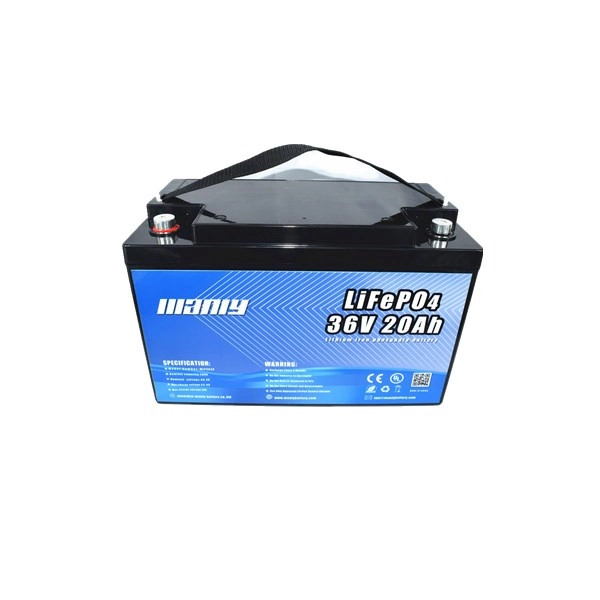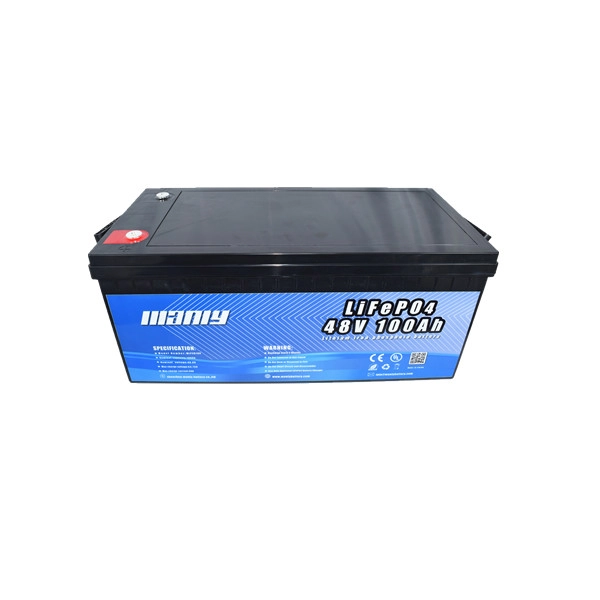Marine Battery Starting vs Deep Cycle: Key Differences Explained
Table of Contents
- Marine Battery Starting vs Deep Cycle: Key Differences Explained
- What is a Marine Deep Cycle Battery?
- Key Differences Between Marine Starting and Deep Cycle Batteries
- Can You Use One Battery for Both Functions?
- Choosing the Right Battery for Your Boat
- Marine Battery Calculator for Usage & Sizing
- Conclusion
- FAQ
- 1. Can I use a deep cycle battery as a starting battery for my boat?
- 2. Are deep cycle batteries good for cranking?
- Hot Search
- Learn More About Battery
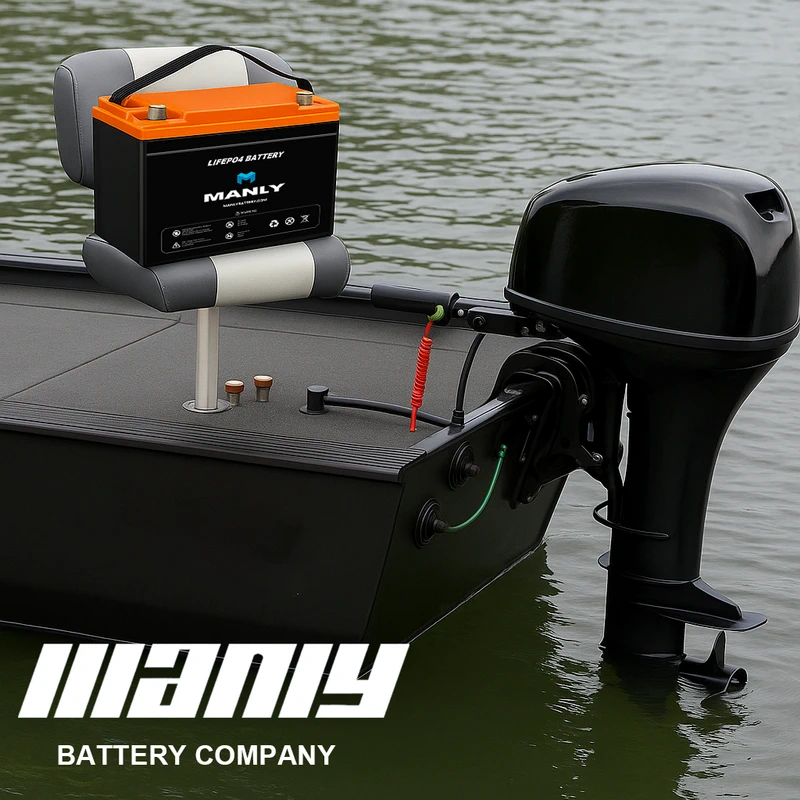
What is a Marine Deep Cycle Battery?
Built to offer a constant supply of energy over an extended period, a marine deep cycle battery A marine deep cycle battery is made for gradual, consistent energy output unlike a marine starting battery, which is best for quick spurts.How It Works
Deep cycle batteries employ fewer but far thicker plates than the thin plates used in starting batteries. This lets them manage multiple discharges and recharges without injury. Usually down to 50% or more of their capacity, these batteries can be totally drained without losing efficiency.When to Use a Marine Deep Cycle Battery
Should you have a fish finder, onboard electronics, lights, or a trolling motor, a marine deep cycle battery is absolutely necessary. It is made to be recharged several times without rapidly degrading and offers consistent power for long periods.Key Differences Between Marine Starting and Deep Cycle Batteries
Here are the key differences between marine starting and deep-cycle batteries1. Purpose and Usage
The intended usage of a marine starter battery and a marine deep cycle battery distinguishes them most. Designed just to start an engine, a marine starting battery It offers a brief, high-current surge of power followed rapidly by alternator recharging.Conversely, a marine deep cycle battery is made to deliver constant power over extended lengths of time. Powering accessories like trolling motors, cabin illumination, depth finders, and GPS systems, it can manage deep drains and many recharge cycles.2. Battery Plate Design
These two batteries have somewhat different internal construction.Many thin lead plates of a marine starting battery expand surface area and enable quick energy release. These plates cannot, however, survive strong discharges.Less but thicker plates in a marine deep cycle battery help it to run continuously for a long period. These thicker plates increase resistance against heat accumulation and deep discharges.3. Depth of Discharge
Deep discharge of a marine starter battery is not intended. Its lifetime will be much shorter if it is routinely drained below 50% of its capacity. Still, a marine deep cycle battery is designed to resist deep discharges. Multiple discharges of 50% or below can be made without causing damage.4. Charging and Recharging
Marine starting batteries recharge rapidly once the engine is going since they are made to remain almost fully charged. The alternator in a boat's motor quickly replaces the lost charge. Designed for delayed energy release, a marine deep cycle battery recharges more slowly than others. To increase its lifetime, it usually calls for a separate battery charger allowing gradual and controlled recharge.5. Lifespan and Durability
Usually depending on use and care, a marine starting battery lasts three to five years. It is not meant to withstand strong discharges, hence improper use will greatly reduce its lifetime. When properly maintained, a marine deep cycle battery—whose thick plates and deep discharge capacity enable—can last five to seven years. Built to manage hundreds of charge and discharge cycles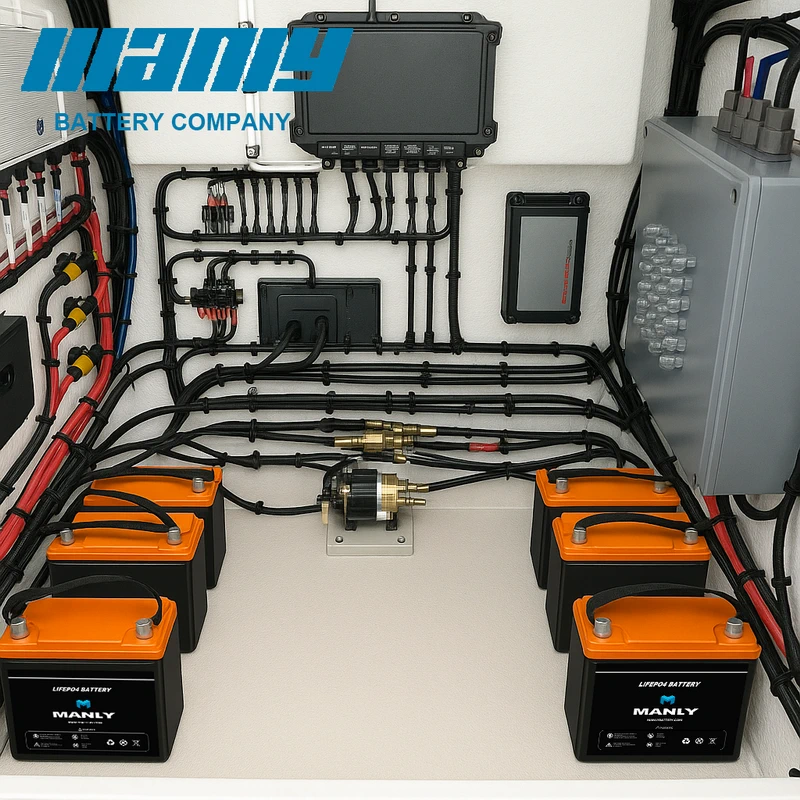
Can You Use One Battery for Both Functions?
- Some boaters attempt to utilize vice versa or a marine deep cycle battery as the marine starting battery. Although this could help temporarily, it is not advised.
- Regular deep discharges are not something a marine starting battery is meant to manage. Used to run electronics or trolling motors, it will rapidly deteriorate and fail early on.
- Starting engines is not where a marine deep cycle battery is best suited. Although it can start smaller engines, it will not provide the rapid surge of power required for a dependable engine restart.


